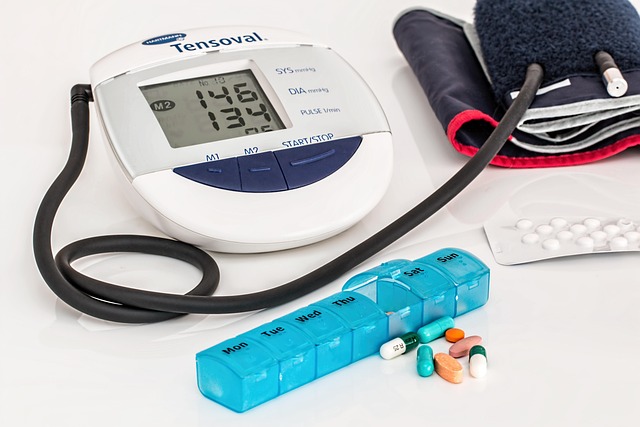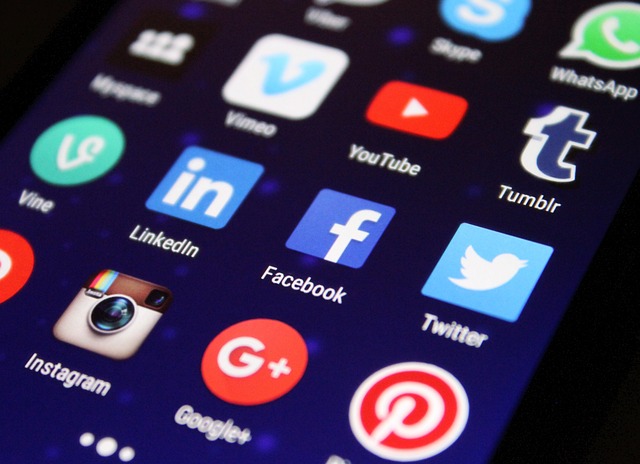Revolutionizing Healthcare: Smart Hospital Innovations with Artificial Intelligence
The advent of technology has brought forth a new era in various sectors, but nowhere is its impact more profound than in healthcare. Smart hospitals are now at the forefront, integrating groundbreaking technological innovations with the compassionate care that patients deserve. As we explore the intersection of artificial intelligence and healthcare, it becomes evident that the emergence of smart hospitals is not just a trend; it’s a revolution.
Imagine walking into a hospital where your needs are anticipated before you even speak them. With smart hospital systems powered by AI, this scenario is rapidly becoming a reality. Technological innovations such as predictive analytics, patient monitoring systems, and intelligent automation redefine the patient experience. These advancements do not merely streamline operations; they improve the quality of care delivered, making healthcare a more responsive and personalized experience.
At the heart of these innovations is the ability to collect and analyze vast amounts of health data. Smart hospitals utilize AI algorithms to decipher patterns that might elude even the most experienced healthcare professionals. For instance, by analyzing patient history, social determinants of health, and even genetic markers, AI can help in making precise diagnoses and suggesting tailored treatments. Such health innovations ensure that patients receive care that is specific to their individual needs, ultimately leading to better outcomes and enhanced patient satisfaction.
Further enhancing this transformation, smart hospital infrastructures boast internet-connected devices and the Internet of Medical Things (IoMT). These devices continuously monitor patients’ vital signs in real-time, notifying healthcare providers of any irregularities. This proactive approach to patient care means that potential complications can be addressed before they escalate into serious issues. Such innovations also foster patient engagement, as individuals can now track their health metrics directly, empowering them to take an active role in their healthcare journey.
The efficiency that smart hospitals bring to the table cannot be understated. AI optimizes scheduling, reduces wait times, and ensures that healthcare resources are allocated where they are needed most. Imagine a hospital where AI manages the flow of patients, effectively reducing bottlenecks and ensuring that healthcare professionals can focus more on patient care instead of administrative tasks. This symbiotic relationship between technology and human touch paves the way for a new paradigm in healthcare, one that is efficient, effective, and, most importantly, empathetic.
Moreover, telemedicine has surged in popularity thanks to the capabilities of smart hospitals. Virtual consultations powered by AI not only expand access to healthcare, especially in underserved areas, but they also make healthcare delivery more flexible and convenient for patients. The integration of machine learning chatbots can assist in preliminary assessments, helping patients navigate their healthcare journeys seamlessly.
In essence, smart hospitals represent the culmination of technological and health innovations that unite for a common goal: improving patient outcomes. The fusion of artificial intelligence with healthcare practices embodies a massive leap forward, setting a standard that prioritizes patient care while harnessing the benefits of advanced technology. As these innovations continue to evolve, they carry with them the promise of a smarter, more efficient healthcare system that can adapt to the dynamic needs of society.




